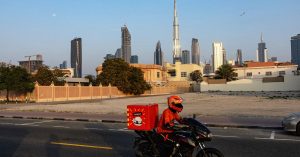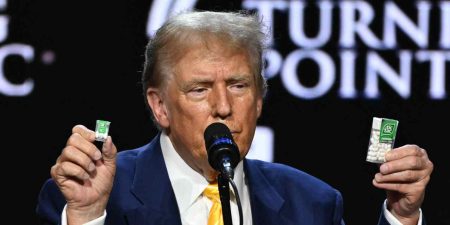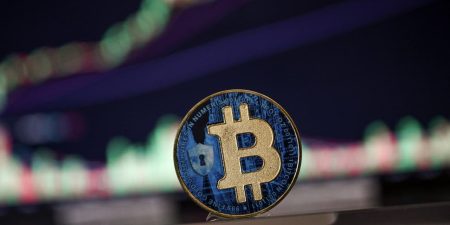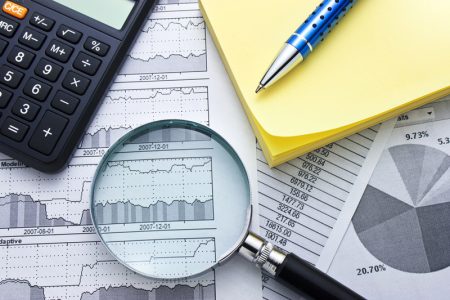By Daniel Ramos
LA PAZ (Reuters) -Bolivia’s lithium resources are now estimated at 23 million metric tons, its president said on Thursday after government studies that further cement the South American country’s position as the global leader in lithium resources.
The new figure, reached after more than 66 wells were explored across the Coipasa and Pastos Grandes salt flats, compares with a previous estimate of 21 million metric tons.
President Luis Arce told reporters the government had also begun talks with representatives of the European Union for investments in lithium projects.
“All eyes are on Latin America and Bolivia because of the wealth we have of lithium and strategic minerals,” Arce said, adding that at a summit with EU representatives in Brussels earlier this week there had been interest not just in lithium but other minerals and metals in Bolivia.
Metals such as silver, zinc, lead and tin are also mined in the country.
Bolivia has previously turned to investments from Russian and Chinese firms to develop its huge but largely untapped lithium resources.
In the first half of this year, it signed three lithium deals with two Chinese and one Russian firm pledging to invest a total of $2.8 billion to industrialize Bolivia’s resources.
The white metal, a key component for batteries used to power electric vehicles, has seen its price skyrocket over recent years as carmakers rushed to shift their production away from combustion engine vehicles to comply with more stringent regulations that aim to curb climate change.
South America’s so-called “lithium triangle” holds more than half the world’s lithium resources, according to U.S. Geological Survey (USGS) estimates. Bolivia’s reserves, however, surpass those of its neighbors Argentina and Chile, estimated at 20 million metric tons and 11 million metric tons respectively.
Read the full article here














